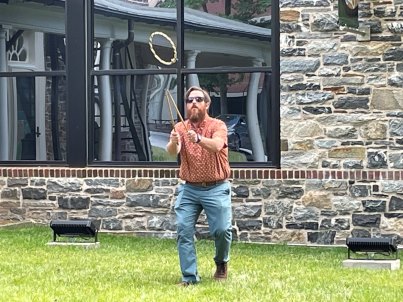
Free! No registration required. Program is weather dependent. Children must be accompanied by an adult. Groups of 10 or more children please call ahead – 914-965-4027 – or email sarah.johnson@parks.ny.gov.
This program is held in partnership with Old Croton Aqueduct State Historic Park.
Philipse Manor Hall State Historic Site, located at 29 Warburton Ave., Yonkers, NY, 10701, is open for tours Wednesdays through Sundays, 10:00 a.m. to 5:00 p.m. Dating back to the 1680s, Philipse Manor Hall State Historic Site sits near the confluence of the Nepperhan (Saw Mill) and Hudson Rivers, the site of a Munsee Lunaape village. Used by four generations of the Philipse family and worked by the people they enslaved and European tenant farmers, the Philipse Manor was once over 200,000 acres and helped make the Philipse family the richest in New York. Loyalists during the American Revolution, they fled to England and the Hall was owned by several individuals before becoming the Yonkers Village Hall and later Yonkers City Hall. When a new City Hall was built in the early 20th century, the house was preserved through the generosity of Eva Smith Cochran and donated to New York State to serve as a historic site. Today, Philipse Manor Hall State Historic Site provides visitors with a balanced approach to interpreting the lives of Indigenous, European, and African people to understand the complex relationships that took place at the Manor from the earliest days of the Dutch Colony of New Netherland to the American Revolution and beyond. Learn more at Philipse Manor Hall’s Virtual Wing at www.philipsemanorhall.com.





